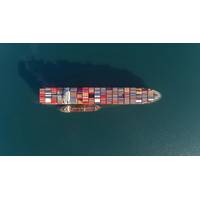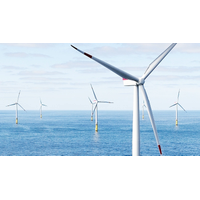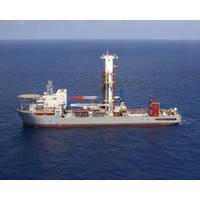Asian Refiners Strive to Finish IMO Preparations

At SK Energy's largest refinery in South Korea, engineers are rushing to complete a new processing unit ahead of schedule as the firm looks to boost sales of low-emission fuels before new marine fuel standards take effect in just one month.In Japan, the country's second-biggest refiner Idemitsu Kosan Co is taking a more cautious stance…
Bay State Wind Revises Turbine Layout

Bay State Wind, an offshore wind joint venture between developer Ørsted and New England electric transmission company Eversource, announced a significant change to its proposed wind farm layout in response to feedback from fishermen and community members.The revised turbine layout pattern accommodates historical fishing patterns and helps to provide greater ease of fishing within…
Op/Ed: Connecting to the Future of Offshore

120 miles out at sea, 6,000-horsepower devices lift drilling equipment weighing up to 3 million pounds out of holes lying 10,000 feet beneath the water. Keeping such sea monsters in good working order, often for years at a time, is no mean feat. Oil companies spend between $300,000 and $800,000 per day on each vessel drilling offshore.
Petrobras’ Refineries Integrate Energy Saving
Over the years, Petrobras has taken measures in its refineries to improve their energy efficiency. In the last five years, despite the growing complexity of its refineries to meet new fuel quality specifications, these initiatives have resulted in an energy saving representing approximately 2.5 million barrels of oil equivalent per year…
Alfa Laval's Adaptive Fuel Line

Though fuel-saving practices like slow steaming are widespread, energy efficiency continues to be a pressing concern. Vessel fuel bills remain high – and will likely become even higher for those sailing in Emission Control Areas after January 2015. Catastrophic engine damage due to cat fines is also on the rise, along with safety worries related to multi-fuel operation.